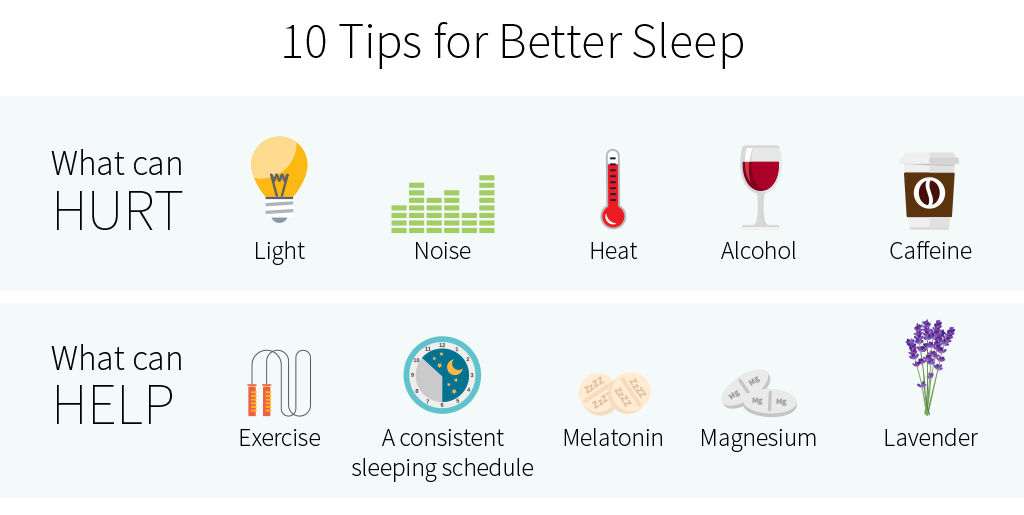In today’s fast-paced world, achieving a good night’s sleep can be challenging. However, prioritizing quality sleep is essential for overall health and well-being. Here are ten tips to help you improve your sleep quality and wake up feeling refreshed and rejuvenated:
Stick to a sleep schedule:
Try to go to bed and wake up at the same time every day, even on weekends. Consistency helps regulate your body’s internal clock, making it easier to fall asleep and wake up naturally.
Create a relaxing bedtime routine:
Establishing a calming bedtime routine signals to your body that it’s time to wind down. Activities such as reading a book, taking a warm bath, or practicing relaxation techniques like deep breathing can help prepare your mind and body for sleep.
Make your bedroom comfortable:
Ensure that your bedroom is conducive to sleep by keeping it dark, quiet, and cool. Invest in a comfortable mattress and pillows, and remove any distractions, such as electronic devices and clutter.
Limit exposure to screens before bedtime:
The blue light emitted by smartphones, tablets, and computers can interfere with your body’s natural sleep-wake cycle. Try to avoid screens at least an hour before bedtime, or use a blue light filter to minimize the impact.
Watch your diet and caffeine intake:
Avoid heavy meals, caffeine, and nicotine close to bedtime, as these can disrupt sleep. Instead, opt for light snacks if you’re hungry, and limit caffeine consumption to the morning or early afternoon.
Get regular exercise:
Regular physical activity can improve sleep quality by helping you fall asleep faster and enjoy deeper sleep. Aim for at least 30 minutes of moderate exercise most days of the week, but avoid vigorous exercise close to bedtime, as it can be stimulating.
Manage stress and anxiety:
Stress and anxiety can make it difficult to fall asleep and stay asleep. Practice relaxation techniques such as meditation, deep breathing, or progressive muscle relaxation to calm your mind and prepare for sleep.
Limit naps:
While short naps can be beneficial, especially if you’re feeling tired during the day, long or irregular napping can interfere with your nighttime sleep. Try to limit naps to 20-30 minutes and avoid napping late in the day.
Expose yourself to natural light:
Exposure to natural light during the day helps regulate your body’s internal clock and promotes better sleep at night. Spend time outdoors during daylight hours, and open your curtains or blinds to let natural light into your home.
Seek professional help if needed:
If you’ve tried these tips and are still struggling with sleep issues, consider seeking help from a healthcare professional. They can help identify any underlying sleep disorders and recommend appropriate treatment.
By incorporating these tips into your daily routine, you can improve your sleep quality and enjoy the many health benefits of a good night’s sleep. Remember, quality sleep is essential for overall health and well-being, so prioritize it just like you would diet and exercise.

Leave feedback about this